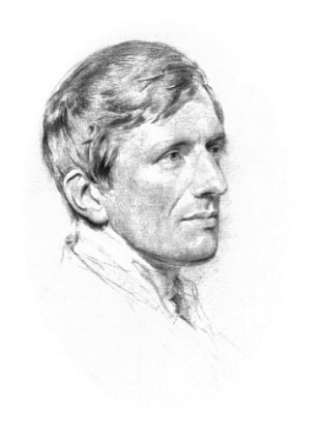
Some time ago I stumbled across a fascinating book - 'Leaves from my Diary 1894-1896' by Abbot Gasquet OSB. Gasquet was the sometime prior of the notable English Benedictine foundation of Downside, Abbot president of the English Benedictine Confederation and in 1914 was made Cardinal of S. Georgio in Velabro (which was Newman's titular Church). He later took S. Maria in Portico as his church.
The Commission
The pages from his diary relate to his work on Leo XIII's commision which investigated the validity of Anglican Orders in 1896. The work of the commision, curiously enough, was provoked by the lobbying of French priests who were favourable to the theological views of the High Anglicans of the time. (Disappointingly, I have it on good authority that in the recent past an Anglican Bishop from the South of England was in the habit of nipping across the English channel to a French monastic community for a 'dirty weekend' - the monks permitted him to 'concelebrate' Mass with them.) The French hope to change the position of the Holy See from a general presumption of invalidity to that of doubtful validity. It was thought that if Anglican orders could be considered 'doubtful' then the practice of 're-ordaining' Anglican clerical converts would be change to conditionally ordaining them.
Continental Confusion
It comes across very clearly in Gasquet's diary that the French and many of the Continental European clergy had only the haziest conception of the actual state of the Church of England at the time. They were ignorant of the various parties within Anglicanism and considered the 'High Anglicans' who deigned to mix with them as being representative of Anglicanism as a whole. They were quite unaware that many Anglican clergy of the time would actively resent the notion that they might be 'sacrificing priests'.
Roman Rumours
It is clear that the power of the rumour was no less strong, and probably stronger, in those days prior to modern electronic communications. Consider the following from the Abbot's diary of 1895:
Easter Sunday, April 14th
I came to the Abbey of Cava for a few days yesterday. The abbot and monks were all ago, anxious to hear when they might expect to have the news of the submission of the English Church to the Holy See, which they all believe to be imminent, if it had not already taken place. I tried to undeceive them, but did not succeed, I fear.
In the afternoon I went to pay an Easter visit to the Archbishop of Salerno. He overwhelmed me with kindness, chiefly, I believe because he thought I should be able to give him information about the return of England to the unity of the Church. He was fully persuaded that one might at any time have in the "Giornali," the full account of the submission of the Archbishop of Canterbury to the Pope. I did my best to laugh him out of his notion, but I fancy he regarded me as a "scoffer," and will continue to look in the newspapers for the happy event he was taught to expect by some French priests who recently visited him.
Newman and Anglican Orders
As an aside, I note the following from Ker's biography of Newman who bases himself on Newman's Letters and Diaries:
His 'difficulty' about being re-ordained ('I could not say that Anglican orders were invalid') had been removed by the assurance that although ordination would not be explicitly conditional, the 'condition' would be 'implied... in the Church's intention (p321)This particular passage relates to the period of time immediately after Newman's reception into the Church in 1845 (Quenta 'blogged the recent 159th anniversary) and prior to his studies in Rome at Propaganda Fide.
It is worth noting that Newman himself, at that time, wasn't willing to positively assert the definite validity of Anglican Orders and was surprised to find that some in Rome did consider him validly ordained (Ker, p466). Later in life, he grew gradually more and more sceptical regarding the validity of Anglican Orders.
 1844
1844 Portrait of Newman from the excellent Newman Reader.
No comments:
Post a Comment